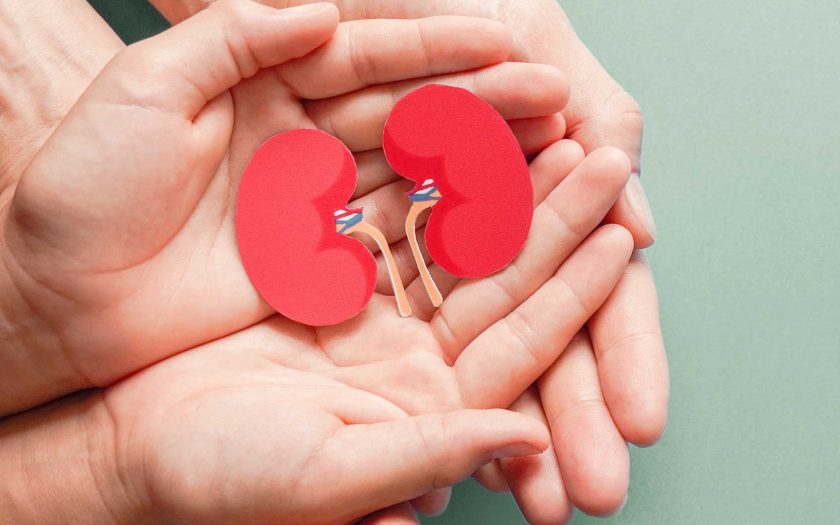Wear quality footwear and walk properly.
Try to avoid wearing high-heeled shoes for long periods, as this changes the position of the pelvic bones, negatively affecting kidney health. In winter, walk barefoot at home on warm floors for some time and in summer, on warmed earth and sand. Choose soft, non-tight shoes, preferably ones that do not cause your feet to sweat. The soles of your feet can be considered a special area of the body, as they contain many skin receptors that influence the health of all of our organs, including the kidneys. Therefore, it’s very important to wear quality shoes that do not disrupt the normal position of the foot. It’s also essential to walk properly, quietly and silently, placing your foot on the toes (as gymnasts do) without striking the heel. Thus, you will maintain a more comfortable state for your spine and pelvic bones, ensuring the normal functioning of your kidneys.
Do regular foot massages.
Perform a light foot massage daily—rub your feet with a wool glove, sponge or brush to stimulate the points responsible for overall health and specifically for kidney health. Eastern medicine has long studied the structure of the foot, where reflex zones connected to internal organs are located. Foot massagers have an advanced mechanism system that develop foot based and activates reflex zones. A special massage ball is recommended relaxing tense foot muscles, strengthen the muscles and ligaments of the feet and restore their functions. Thanks to the impact of the spikes of the ball on the biologically active points, all organs and functions of the body are activated, which positively affects kidney function.
Wear comfortable clothing.
Tight clothing can excessively stimulate the skin projection zones that relate to both the kidneys and other associated organs. It is advisable to wear looser clothing made of predominantly natural fabrics in everyday life. Avoid tight jeans that can compress the organs and prevent normal blood circulation to the kidneys. As a result, a person may experience unpleasant painful sensations.
Avoid hypothermia.
Try not to get too cold, as this lowers the body’s defenses and increases the risk of kidney disease. Since cold can reduce local immunity, creating favorable conditions for the activity of pathogenic bacteria, which leads to inflammatory processes, it is especially important not to let the body get too cold after an illness or in stressful conditions.
Dance and move more.
Dancing, like proper walking, promotes physiological movement of the hips, creating comfortable conditions for blooding flow, temperature regulation and the positioning of the kidneys. Prefer moderate walks and light types of dances.
Consume enough fluids.
It is recommended drinking enough fluids daily to produce 1-1.5 liters of urine. This amount of urine reduces the risk of salt formation in the kidneys. To determine the daily amount of drinking water, you can refer to general recommendations. However, always listen to your body, as different illnesses may require different hydration needs. It is generally recommended drinking plain water without any additives, but there are cases when a doctor may prescribe mineral therapeutic water. Water with a higher content of calcium and sodium is considered the most beneficial, as it has a diuretic effect and helps cleanse the kidneys of toxins.
However, keep in mind that if you already have a kidney disease or suspect its presence, it is best to consult a doctor for the necessary medications (for example, Furosemide, Lasilactone 50). The methods mentioned above can be used to additionally support your health.

